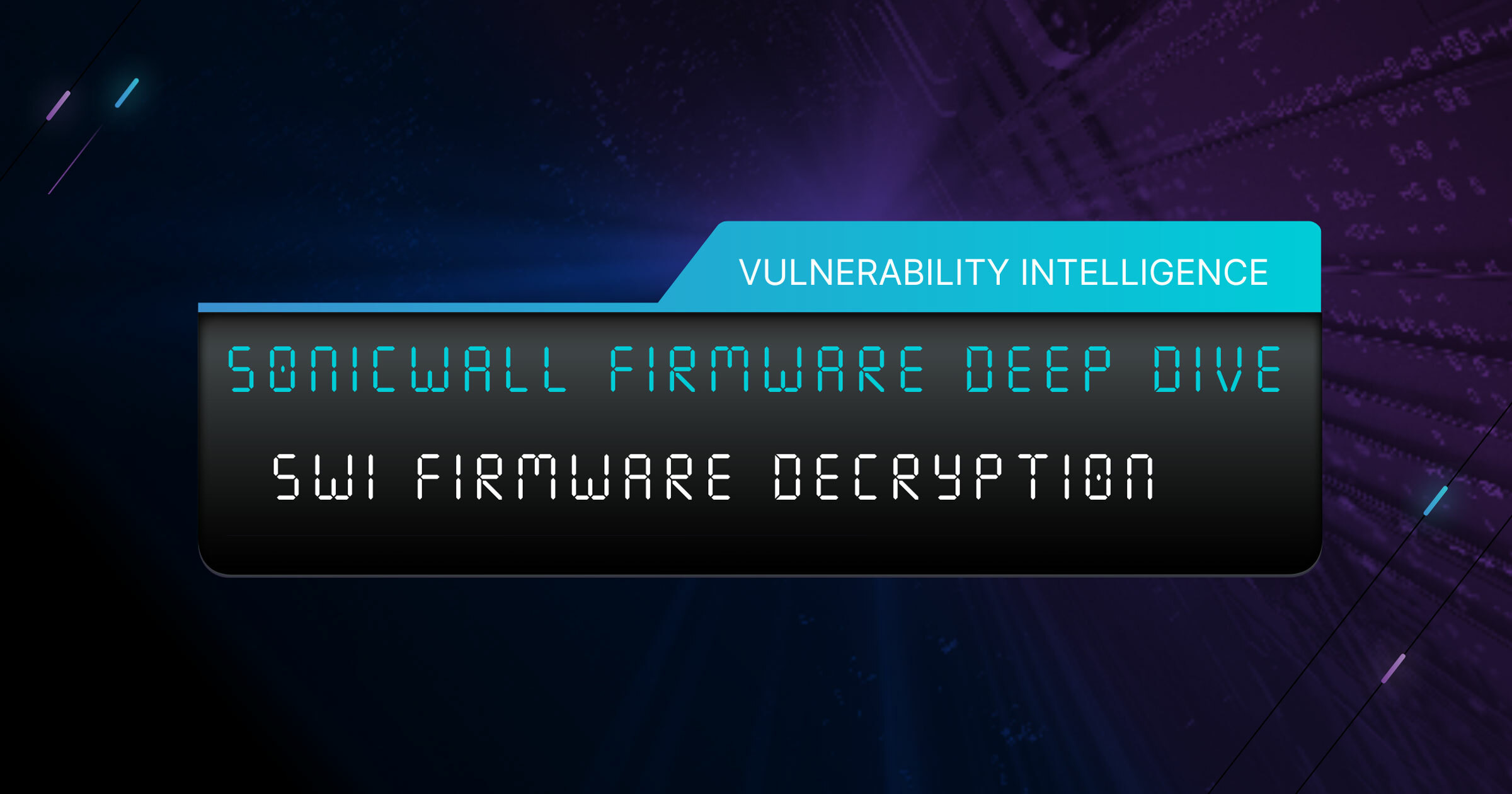SonicWall-CVE2024-53704: Exploit Details
Watch a quick explainer of Bishop Fox's successful exploit of SonicWall CVE-2024-53704.
SonicWall SSL VPN Hijacking: Behind the Critical Authentication Bypass
Bishop Fox security researcher Jon Williams reveals how an easily exploitable vulnerability in SonicWall firewalls allows attackers to silently compromise enterprise networks by hijacking legitimate VPN sessions—no credentials required.
Key Takeaways
Severe Impact with Simple Execution: CVE-2024-53704 allows attackers to completely bypass authentication and hijack any active SSL VPN session on unpatched SonicWall firewalls. While the vulnerability required sophisticated reverse engineering to discover, the exploit itself is straightforward to execute.
Complete Network Compromise: Successful exploitation grants attackers the same internal network access as legitimate users, allowing them to obtain configuration files, view private network routes, and establish unauthorized VPN connections—all without knowing any passwords.
Opportunistic Attack Vector: Attackers don't need to target specific users—they can hijack any active session, making this vulnerability particularly dangerous for organizations with continuous VPN connections.
Widespread Exposure Continues: Despite patches being available since January 2025, thousands of vulnerable devices remain exposed on the internet, creating significant risk for organizations that haven't prioritized updates.
Urgent Remediation Required: Organizations using SonicWall devices should immediately apply available patches, as the ease of exploitation combined with the severity of impact makes this vulnerability an extremely attractive target for threat actors.
This vulnerability demonstrates why authentication bypass flaws in perimeter security devices are among the most critical issues organizations face—they can instantly nullify multiple security controls and provide attackers with immediate network access without triggering typical detection mechanisms.


